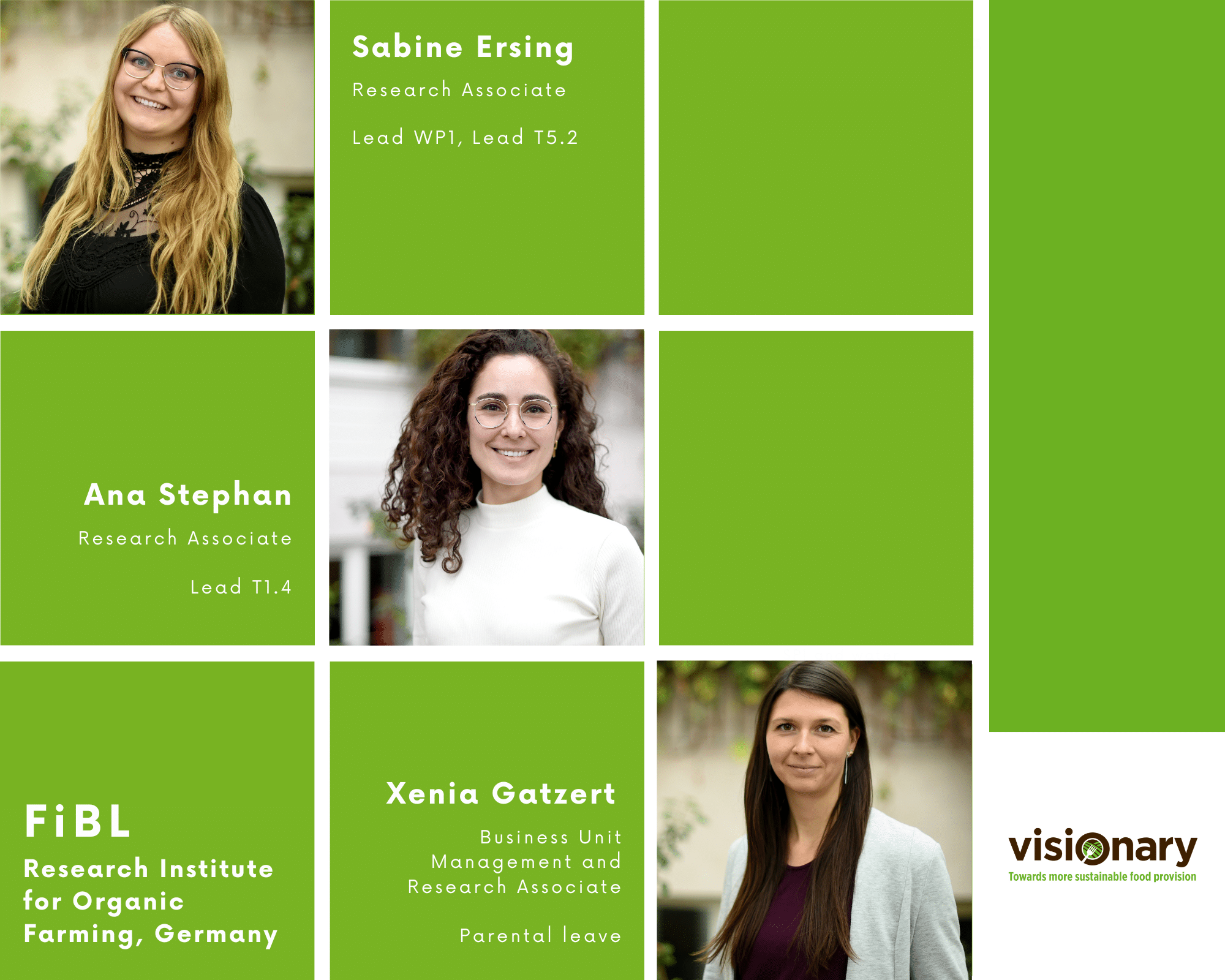El Instituto de Investigación de Agricultura Ecológica de Alemania (FiBL Alemania) tiene su sede en Fráncfort del Meno. Fundado en 2000, es una de las seis instituciones FiBL en Europa (Suiza, Austria, Francia, Hungría y FiBL Europa en Bruselas).
FiBL Alemania ofrece servicios científicos al sector de la agricultura y la alimentación ecológicas, especialmente en la interfaz entre investigación y práctica. Lleva a cabo investigaciones interdisciplinarias y orientadas a la práctica junto con agricultores y expertos de la ciencia y la industria. De este modo, los conocimientos de la investigación se trasladan rápidamente a la práctica. Las principales áreas de trabajo son la lista de insumos, el bienestar animal, la Academia FiBL con los Días de Campo Ecológicos a nivel nacional, los sistemas agrícolas sostenibles, las cadenas de valor y la restauración fuera del hogar.
FiBL Alemania cuenta con un equipo de personal científico de disciplinas muy diversas, como ciencias agrícolas, horticultura, ciencias de la nutrición, biología, tecnología alimentaria y administración de empresas. Con el tiempo, surgieron una serie de disciplinas en las que FiBL Alemania acumuló una cantidad sustancial de conocimientos especializados y construyó vastas redes.
La investigación de Sabine Ersing se sitúa en el campo de los sistemas agrícolas sostenibles y se centra principalmente en la protección del agua a través y dentro de la agricultura ecológica. Ana Stephan forma parte de la Academia FiBL y se dedica principalmente a la formación y perfeccionamiento de jóvenes talentos, personal de consultoría e inspección, así como profesionales del sector de los alimentos ecológicos.
Dentro del proyecto VISIONARY, FiBL Alemania lidera el paquete de trabajo 1 – Compromiso, comunicación, difusión y explotación y coordina la comunicación dentro del proyecto y externamente. En el paquete de trabajo 1, FiBL Alemania coordina además la organización y puesta en marcha de las visitas transnacionales (T1.4) con el objetivo de mostrar iniciativas de éxito a diferentes partes interesadas de toda Europa y proporcionar una plataforma de intercambio de conocimientos y experiencias sobre temas específicos investigados en el proyecto. Temáticamente, FiBL lidera T5.2 – Transición hacia un 25% de tierras agrícolas dedicadas a la agricultura ecológica para 2030, con el objetivo de encontrar posibles impulsores y barreras en el camino hacia una mayor agricultura ecológica en Europa.
